Specifications
LifeSensors has developed several monoclonal antibodies that recognize polyubiquitylated proteins and free ubiquitin. VU-1 has been shown to recognize all ubiquitin linkages (mono, K6, K11, K27, K29, K33, K48, K63, and linear) by Western blotting. VU-1 is an excellent antibody for immunostaining applications generating robust ubiquitin detection and low background with an ability to detect subcellular ubiquitin localization.
Ubiquitin (Ub) is a highly conserved, 8 kDa polypeptide present in all eukaryotic cells. Ubiquitin is conjugated to the ε-amino group of lysine residues in the target protein through the sequential action of a three-tiered enzymatic pathway. The following are the three enzymes: an E1 Ub activating enzyme, an E2 conjugating enzyme, and an E3 ligase. In addition, the seven lysines within Ub itself can serve as Ub acceptors leading to the formation of polyubiquitin chains. Among these K48 and K63 linkages are well characterized. Specifically, K48-linked polyubiquitylation targets proteins for proteasomal degradation whereas K63 linkages regulate signaling events, receptor endocytosis and immune responses. However, polyubiquitin linkages at other lysines are less prominent and their physiological role remains largely unknown.
Info
| Host | Mouse |
| Quantity | 50 µg, 250 µg |
| Concentration | Variable |
| Storage | -20°C; Avoid freeze/thaw cycles |
Product ships with 1 vial of Glutaraldehyde.

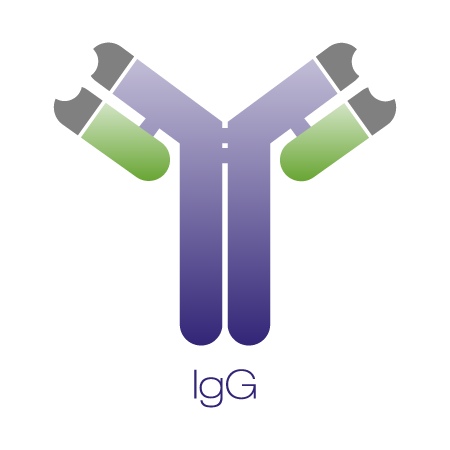

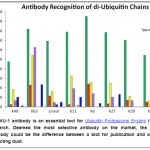
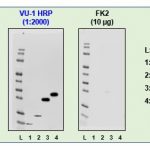
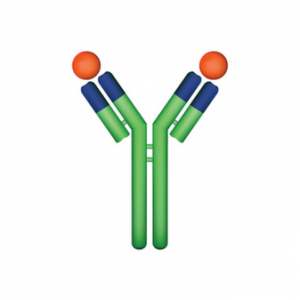

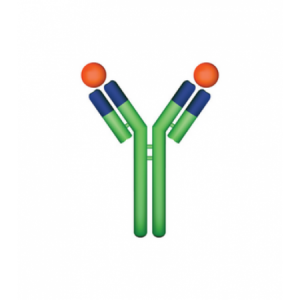
Reviews
There are no reviews yet.